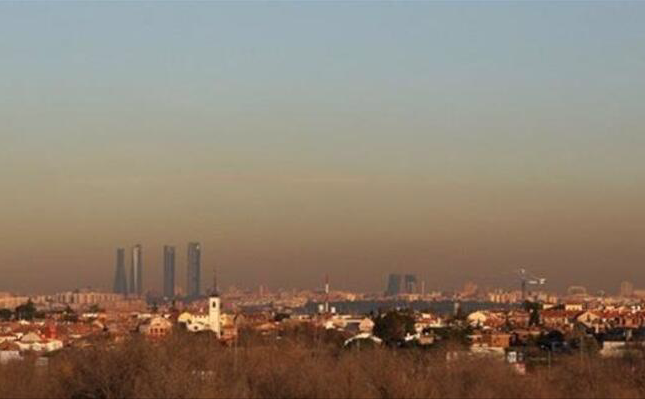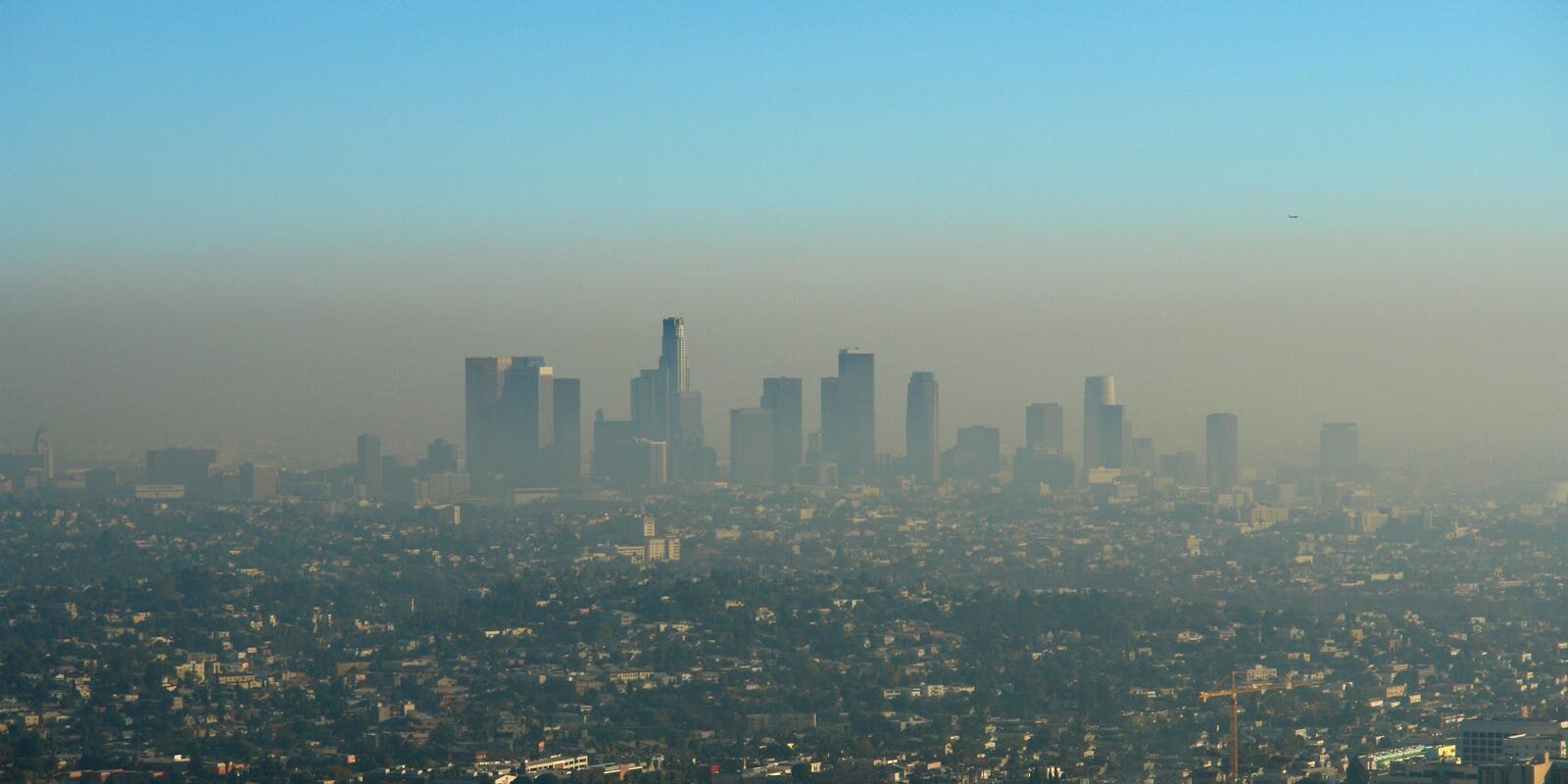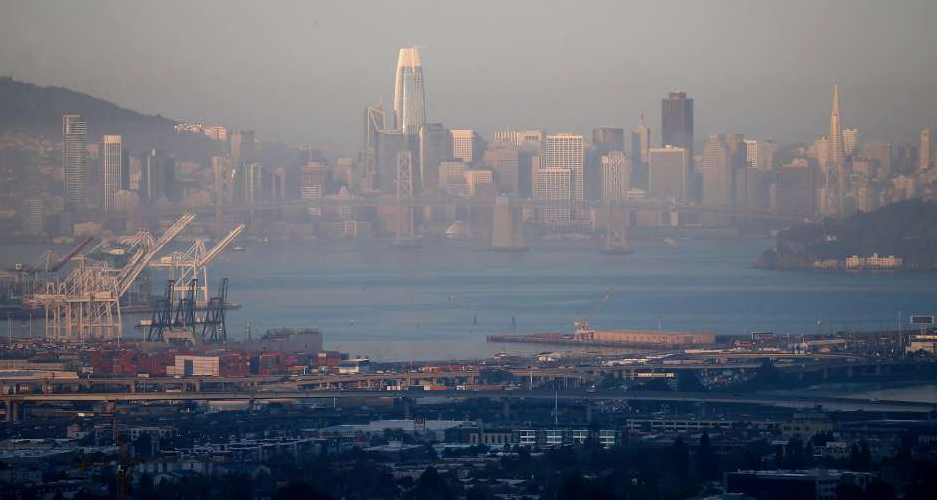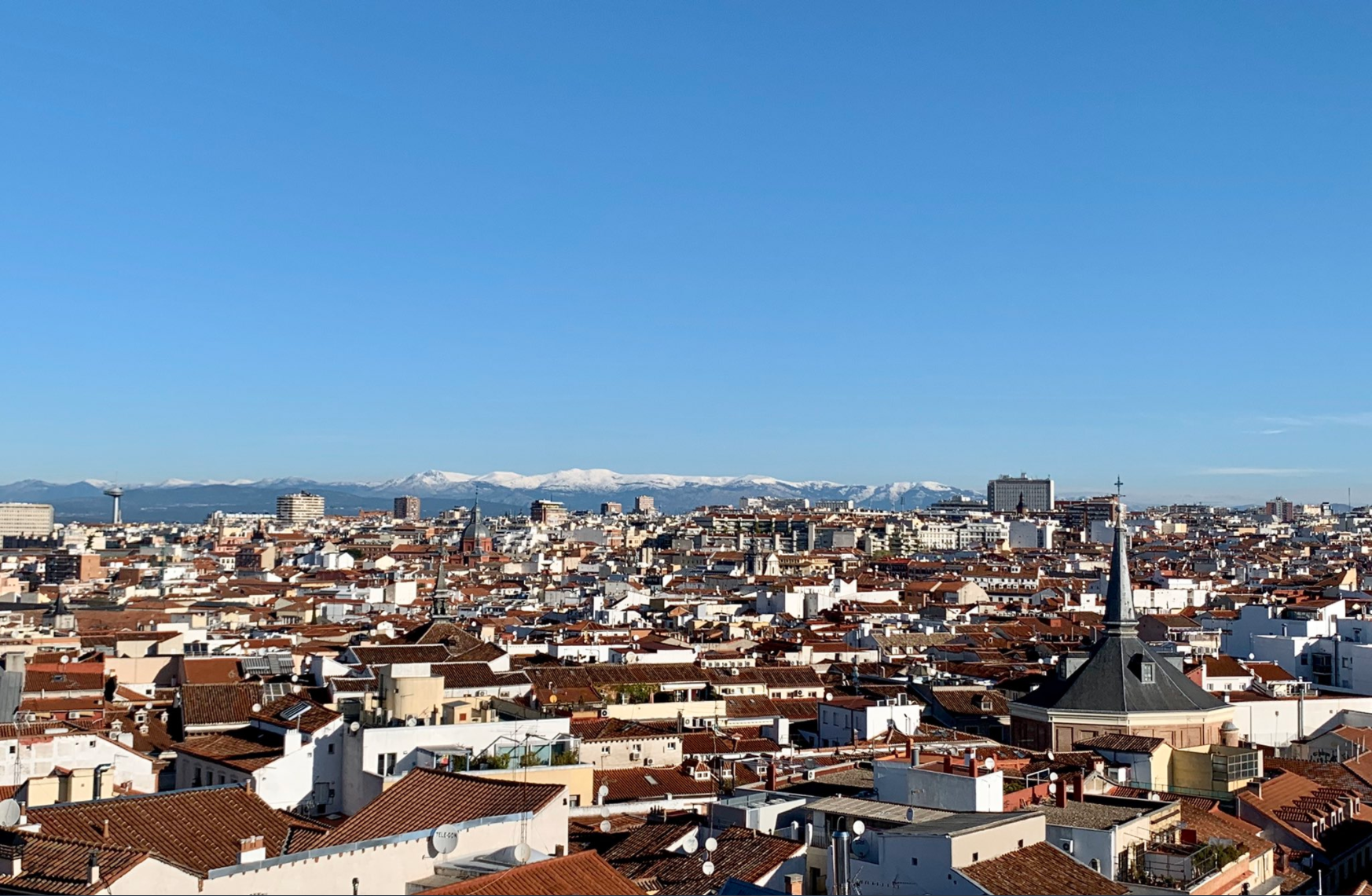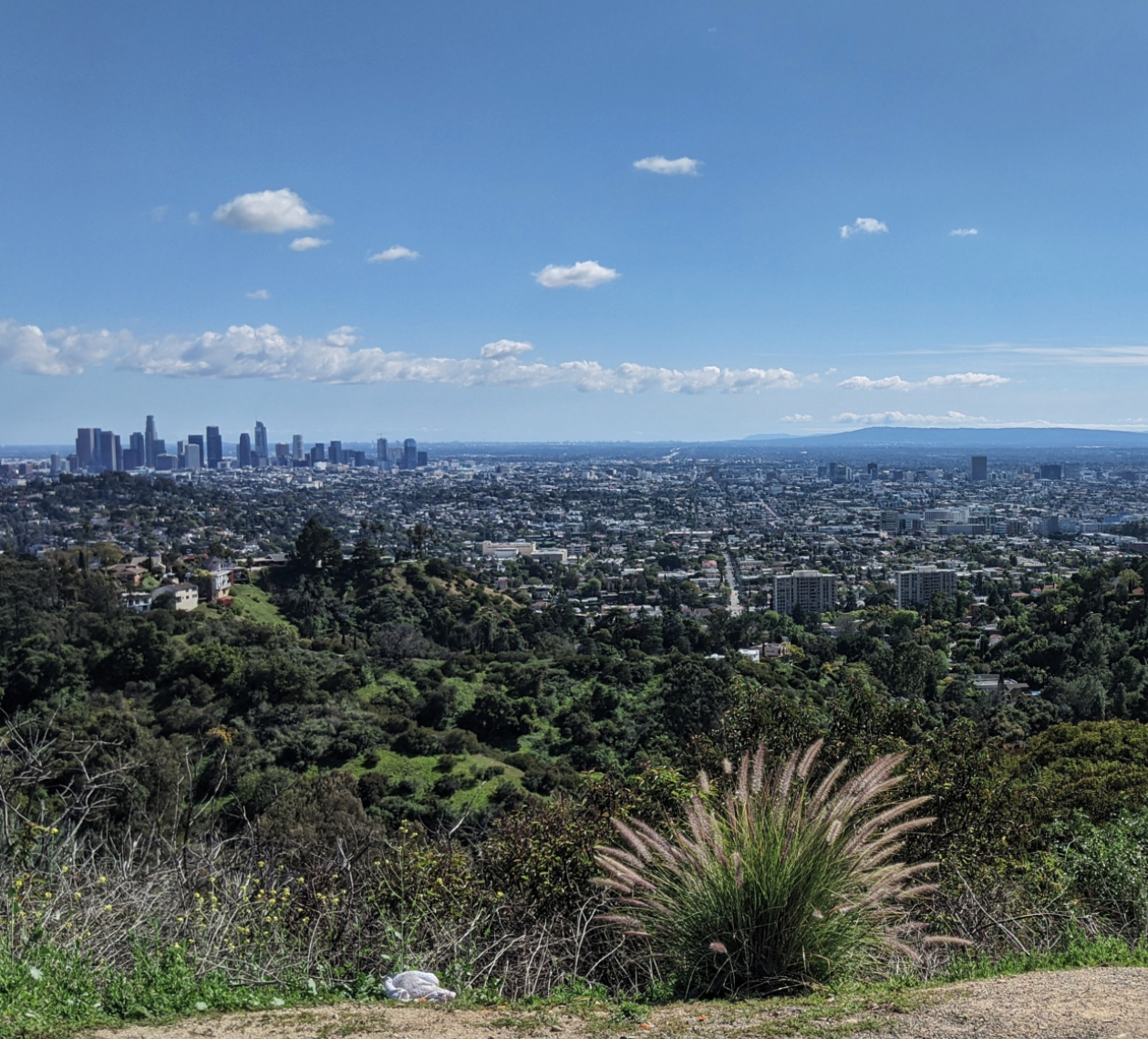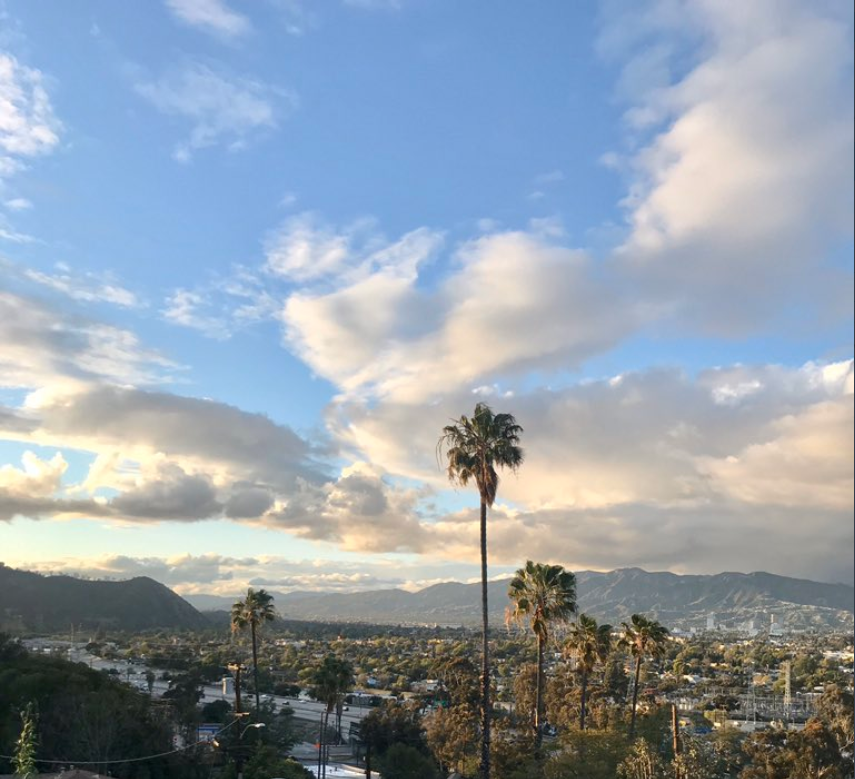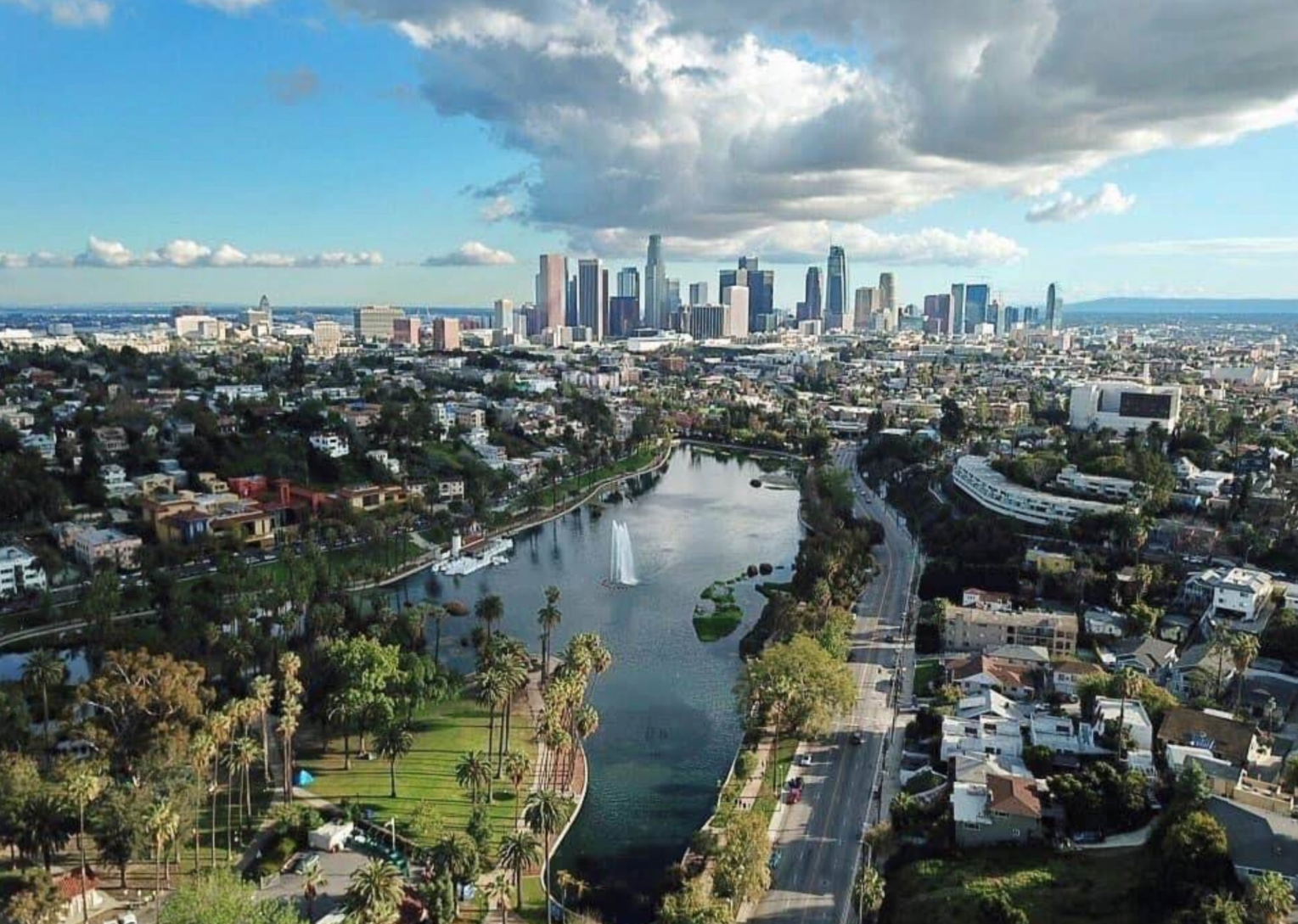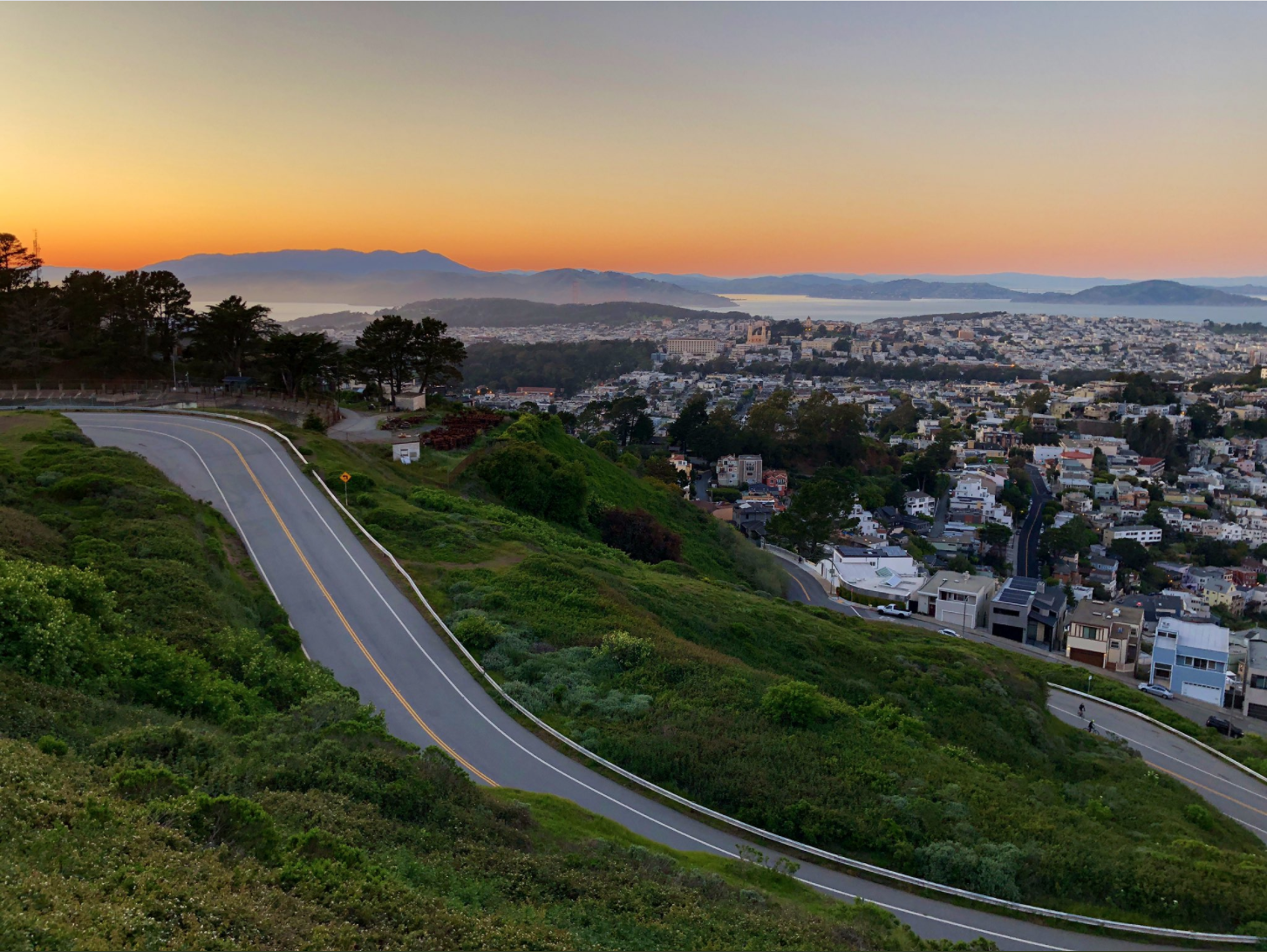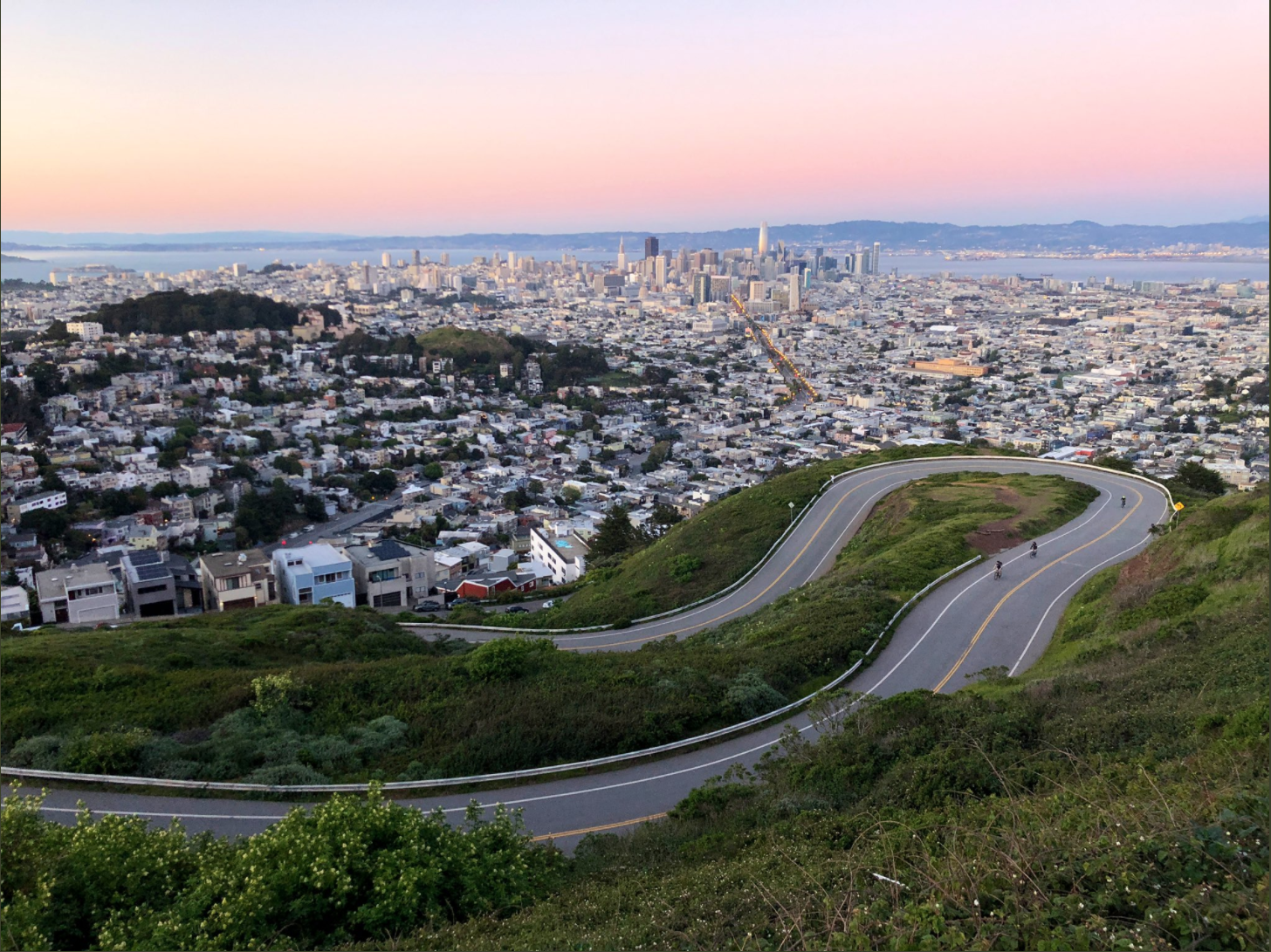The concept of sustainability applies to so much more than the environment. Health, money, relationships… they all fall in that category of things we want to keep around as long as possible.
In the midst of the COVID-19 pandemic, our ability to sustain our health is at risk. The economic crisis has made many of us fear for how we will financially sustain ourselves. Isolation has made us realize that our relationships are a vital part of what sustains our sanity. Everyday, we’re confronting the lesson that we’ve been taking our own sustainability for granted… but are we overlooking how the health of the planet plays a role in that too?
Let’s take just a moment to face some pretty grim realities. Beyond the prediction that climate change will throw the entire world out of balance in some future, which is estimated to affect the livelihood of over 100 million people; water and air pollution already kill an estimated 9 million people worldwide every year. Even scarier, new research conducted by Harvard University links air pollution to higher COVID-19 death rates, as lungs compromised by toxic air particles have a harder time fighting off the respiratory disease.
Meanwhile, the planet is getting a much-needed breather as we remain on lock-down. Smog has vanished faster than the virus spread from China to India to Spain. Even notoriously hazy US cities like LA and San Francisco are reporting clearer skies than they’ve seen in years after only a month in quarantine. Here in Miami our beach waters are so brilliantly blue that photos could be mistaken for remote islands. Unusual wildlife sightings are happening all over the world. Nature is not taking this time for granted. She’s doing what she can… while she has a chance.
What happens next, though? When all of this is over, do we just go back to normal and erase all of the progress the earth made? How can we step lightly back on the planet when we’re set free, not just for its well-being - but for our own? Sustainability of all kinds has never been more important and I think in some ways the world’s eyes are opening to that… but how do we make sure we don’t conveniently forget?
Personal accountability is key. We like to blame our planetary issues on others - it’s that country’s fault, it’s the airline industry’s fault, it’s the President’s fault… when in reality, we are all responsible. If we don’t acknowledge that we all need to make and demand drastic changes, the planet will not be the only one to suffer the consequences. We will too.
So what can we do as individuals, you ask? First off, vote… and not just in elections. The ballot we have the power to vote on every day is the vote with our dollars. Every dollar is a vote for or against the planet and, by association, its inhabitants - that’s us! Vote for sustainability by:
Buying local.
Not buying single-use plastics.
Choosing sustainably sourced/ sustainably packaged products.
Opting for renewable energy when you can.
Offsetting car and air travel emissions by donating to a carbon offsetting project, like tree plantings.
Eating vegan, at least every once in a while.
Conserving water, even though it costs pennies.
There are so many seemingly little things we do every day that we don’t realize are contributing to the massive problems the world is facing. Yet, every time we spend money on something sustainable we’re creating new demand for the good stuff while phasing out the old ways that got us here. I think that’s the most important thing to remember when the economy “opens back up again” - we are the ones in the driver’s seat and our wallets are the steering wheel.
Already have a sustainable lifestyle down-packed, or looking for other ways to help save the planet while you’re in the process? Amazing. Next, challenge yourself to growing your influence:
Share what you’re doing.
Teach a kid, friend or family member about what they can do.
Volunteer for an environmental organization.
Find the one sustainable action you really care about and create a damn movement around it.
With Ascendance, I’m shooting for the latter. This is just my small way of going beyond the confines of my buying habits to make a bigger splash. You see, our individual behaviors ripple out to create exponential impact. Particularly, when we bring large groups of people together in the temporary worlds created by events like the ones we work with, the seemingly small decisions made by the event’s organizers create the framework for how the rest of us have to behave. This framework then pretty much decides for us whether our behaviors will have a positive or negative impact on the environment. For example, if an event doesn’t provide water refills, attendees usually have no choice but to purchase a plastic water bottle every time they’re thirsty.
We’re here to help events create frameworks that allow them to flip the switch from negative to positive environmental impact. Certainly, right now events are as zero waste and zero footprint as they’ll ever be as the entire industry is switched off for the moment, but no events is just, well… no fun. However long it takes, we know human beings will find a way to come together again - and when they do? Oh man, we will have quite a few big parties on our hands.
…but what if events could come back to a world where attendees used their dollars to demand more environmentally responsible behavior? What if we reached out and told our favorite events that this is what we’re hoping to celebrate together when we come back out into the world? What if events could use this time to reset their strategies so that they could help us all step lightly back on the planet together? What if their frameworks got so good they actually educated people on how to live more sustainably moving forward?
That’s what we’re here to help with… and in honor of the 50th anniversary of Earth Day we’ll be releasing a free guide that we’ve worked ever-so-diligently on during our “time off” to provide event organizers with the tools they’ll need to get started. We’re so excited for it to come out this Wednesday (Earth Day!) and we hope you’ll help us share our little gift to the planet with anyone it could help.
Let’s not let this global reset go to waste. Let’s do what we can while we have the time. Sustainability has never been more important… for us and for our planet.


